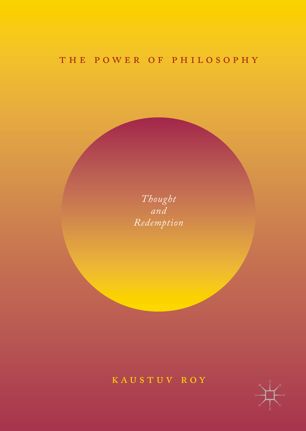

Most ebook files are in PDF format, so you can easily read them using various software such as Foxit Reader or directly on the Google Chrome browser.
Some ebook files are released by publishers in other formats such as .awz, .mobi, .epub, .fb2, etc. You may need to install specific software to read these formats on mobile/PC, such as Calibre.
Please read the tutorial at this link: https://ebookbell.com/faq
We offer FREE conversion to the popular formats you request; however, this may take some time. Therefore, right after payment, please email us, and we will try to provide the service as quickly as possible.
For some exceptional file formats or broken links (if any), please refrain from opening any disputes. Instead, email us first, and we will try to assist within a maximum of 6 hours.
EbookBell Team

4.7
76 reviewsThis book explores the possibility of philosophical praxis by weaving an ontological thread through four principal thinkers: Heidegger, Schelling, Goethe, and Heraclitus. It argues that a special kind of redemptive power awaits the structural understanding of thought that is beyond semantic formations such as concepts and ideational systems. The author claims that the “power” is negative in nature, trans-personal, and derived directly from the understanding of thought as a structural pulse. The book travels backwards in time, encountering successively Heidegger’s critique of calculative thinking, Schelling’s Mind/Nature relation, Goethe’s Delicate Empiricism, and the aphoristic wisdom of Heraclitus in search of a redemptive power that lies in the self-knowledge of thought. This power is ontological and not historical or developmental; it is the same at all times and all points of history. The author refers to the praxis as “philosophical bilingualism.”